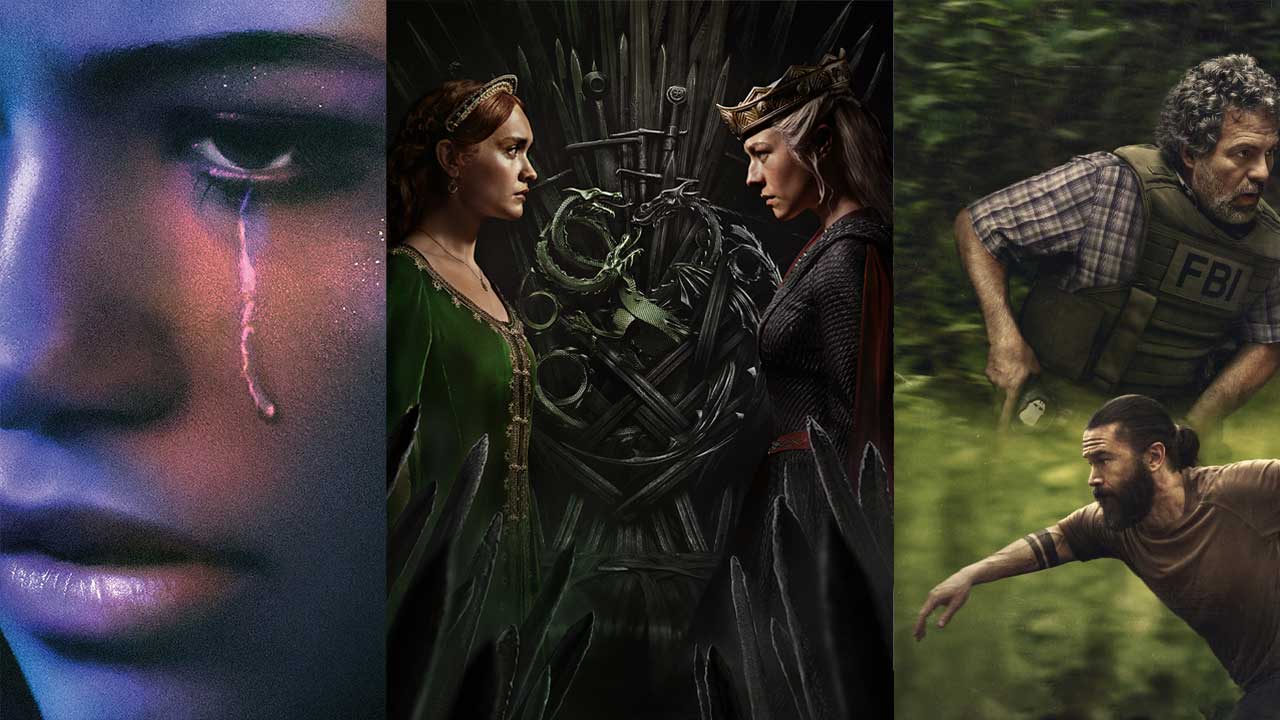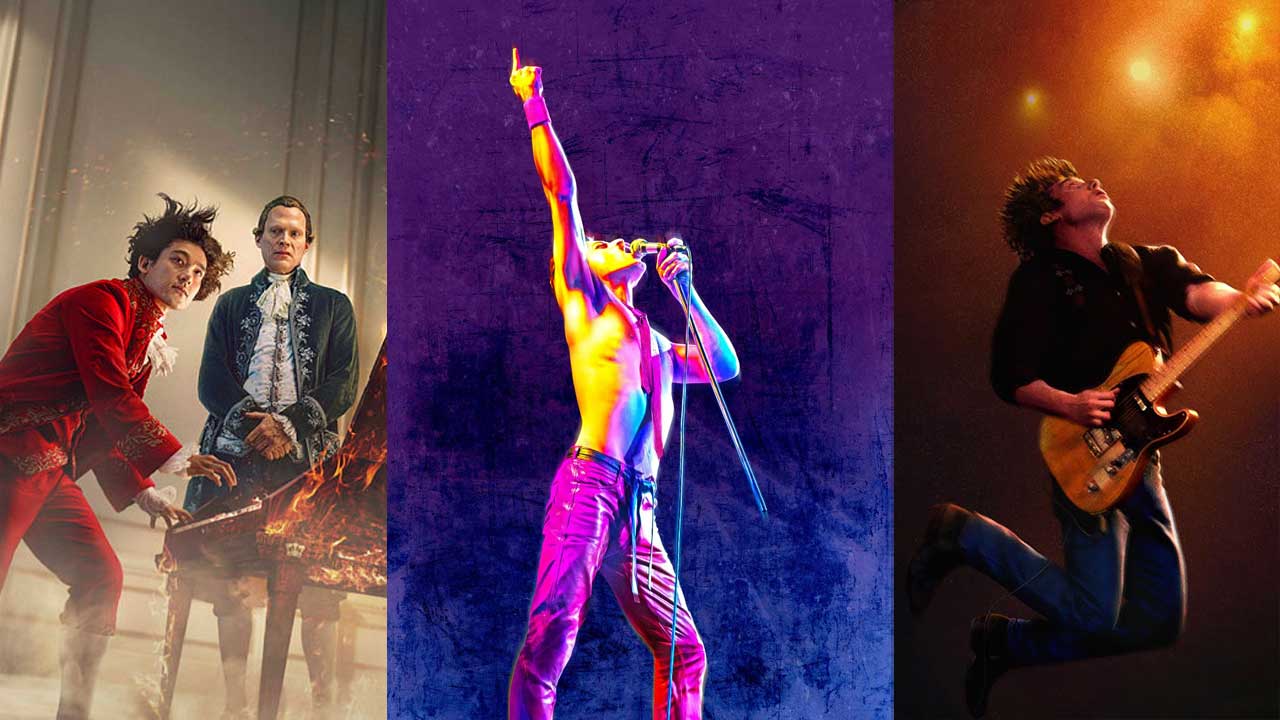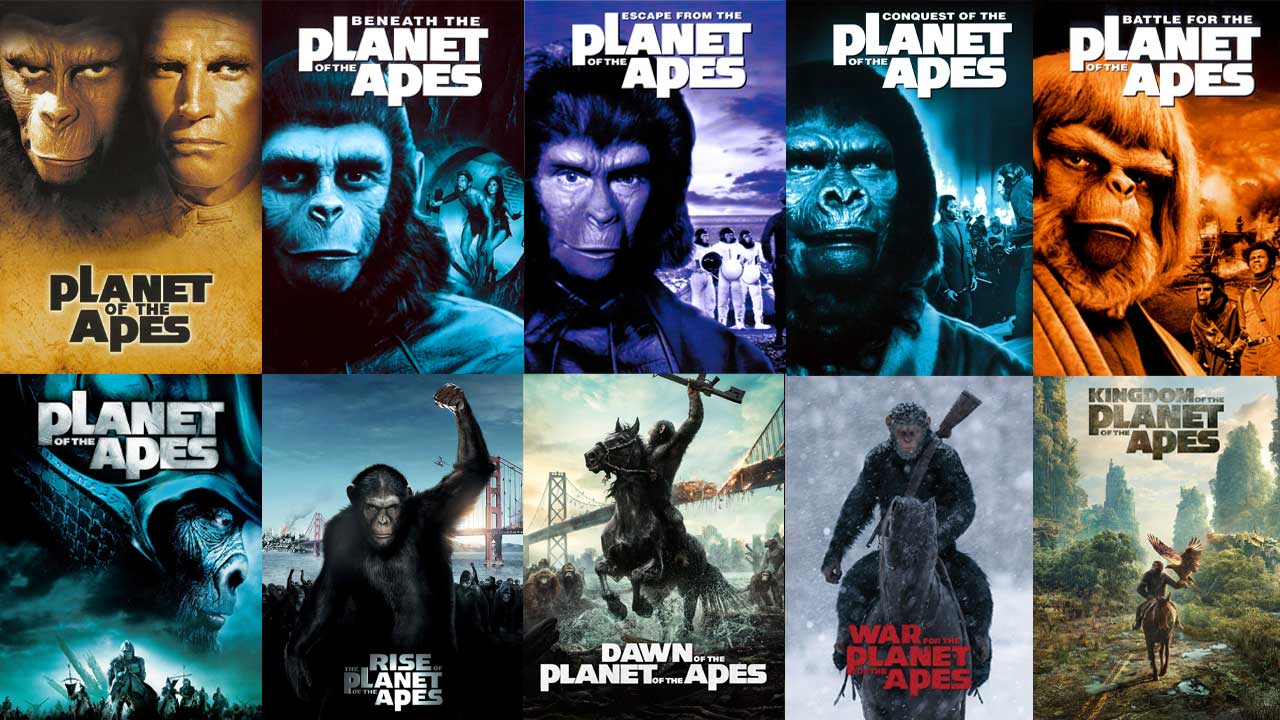It’s not every day a supporting actor becomes the heart of global pop culture. But Pedro Pascal didn’t take the conventional route. He played the long game—and won.
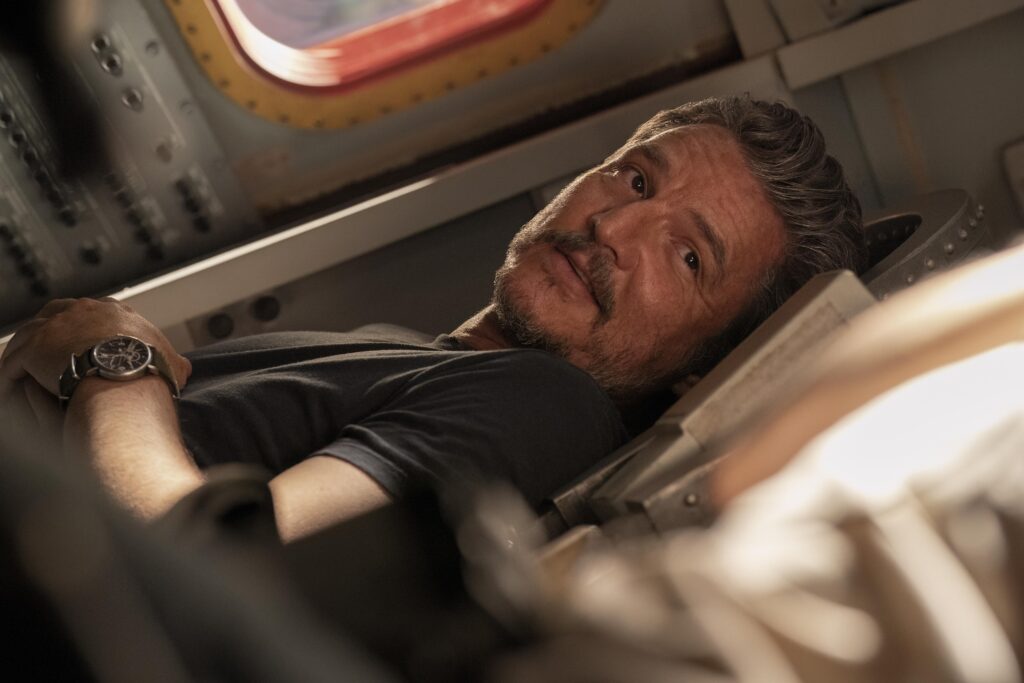
Born in Chile and raised in the U.S., Pascal’s early career was the definition of slow burn. For years, he popped up in everything from Buffy the Vampire Slayer to The Good Wife, leaving just enough of a mark to make you say, “Wait, wasn’t that…?” He was the guy who always made a scene better—even if you didn’t catch his name in the credits.
That changed in 2014 with Game of Thrones. As Oberyn Martell, Pascal brought danger, desire, and devastating charm to the screen. In just a handful of episodes, he delivered a performance so memorable, it became a turning point—not just in the series, but in his own trajectory.
What followed was a string of roles that quietly redefined what leading men can look like. In Narcos, he played it cool and complex as DEA agent Javier Peña. Then came The Mandalorian, where he managed to bring nuance and emotional weight to a character whose face we barely saw. It was Pascal 101: grounded, mysterious, quietly magnetic.
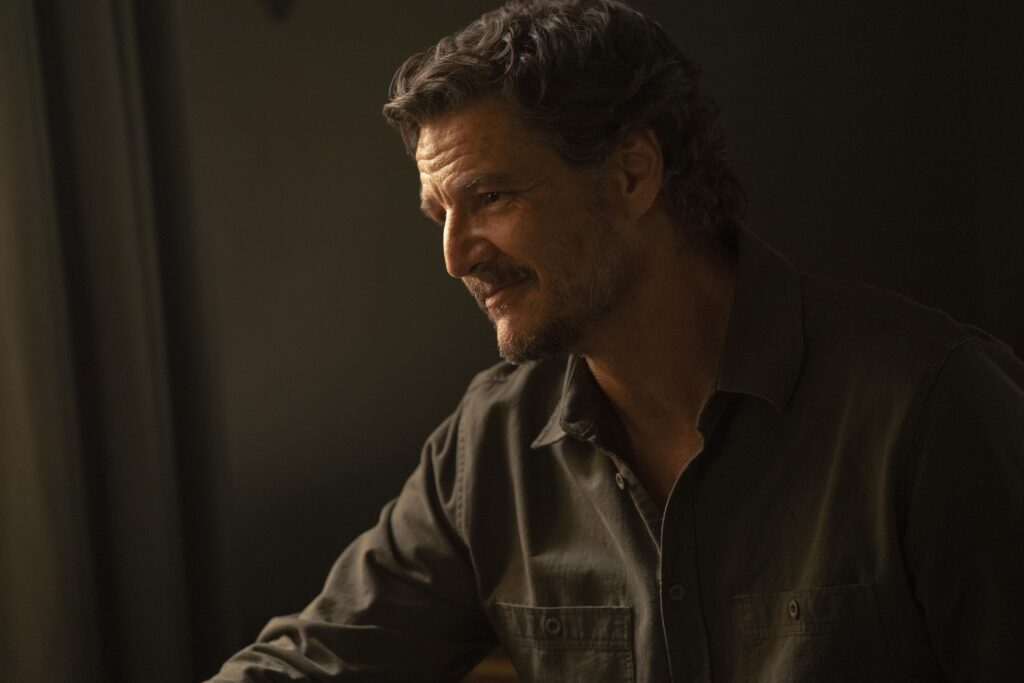
But it was The Last of Us that took things to another level. As Joel, he carried the emotional weight of an entire world gone wrong—equal parts protector, survivor, and broken man. The chemistry with co-star Bella Ramsey turned an already beloved story into a cultural phenomenon. Suddenly, Pedro Pascal wasn’t just a great actor—he was essential.
And he’s not slowing down. Next up: Gladiator II, where he trades dystopias for ancient Rome in Ridley Scott’s high-stakes sequel. The plot remains tightly guarded, but one thing’s certain—Pedro in a tunic is something we’re all ready to see.






